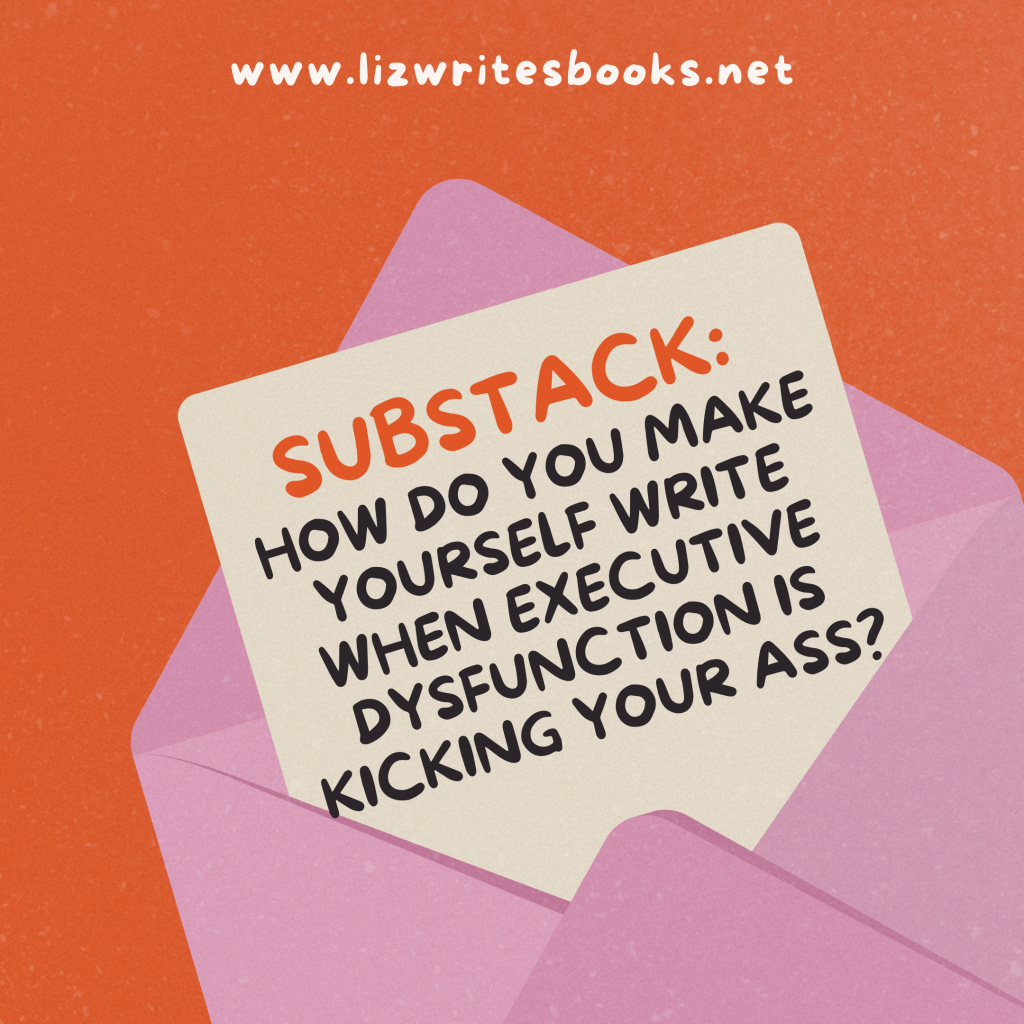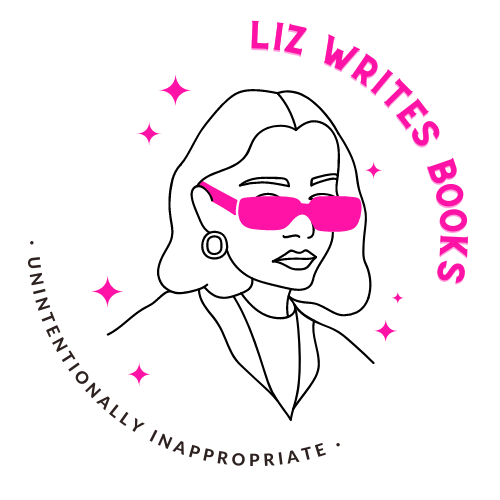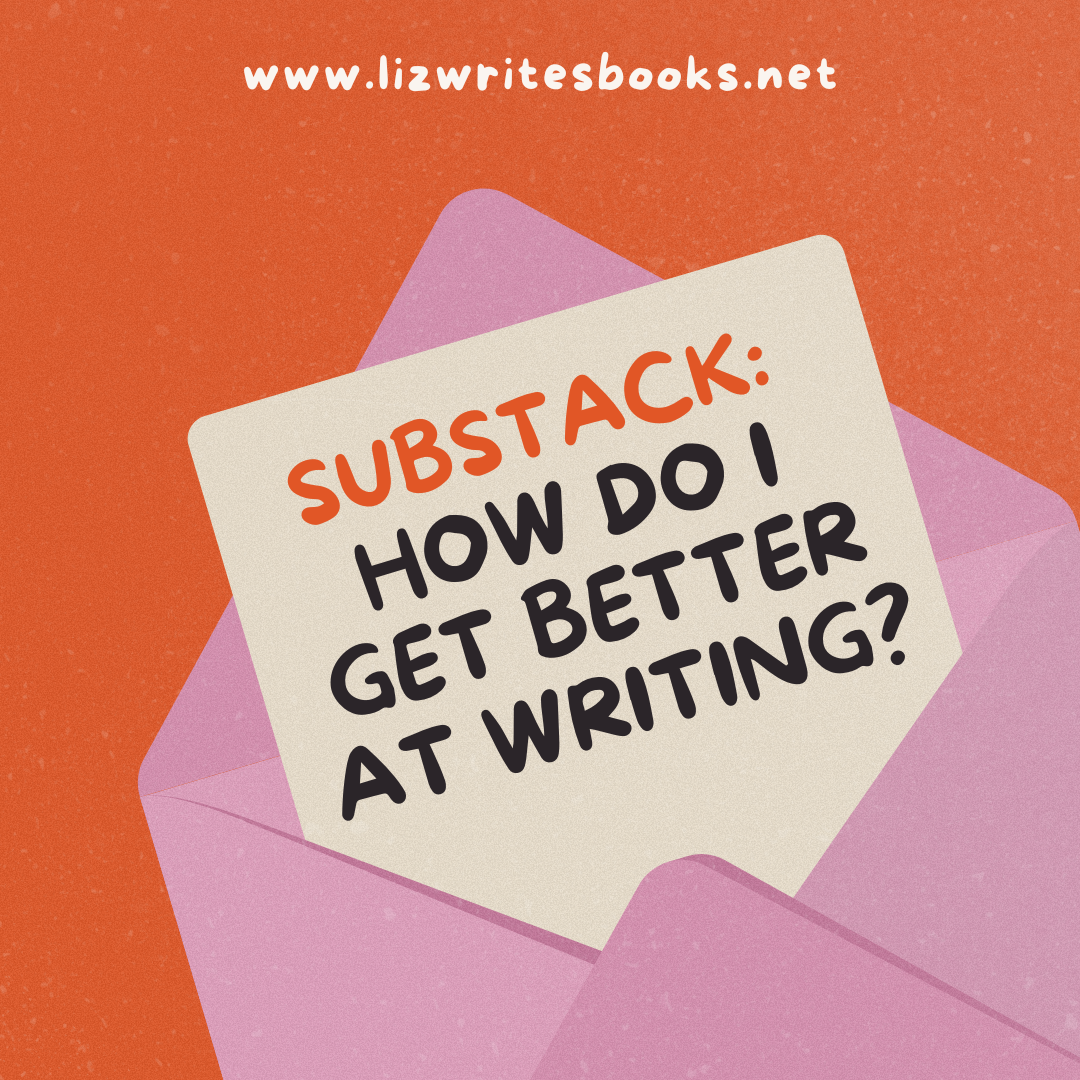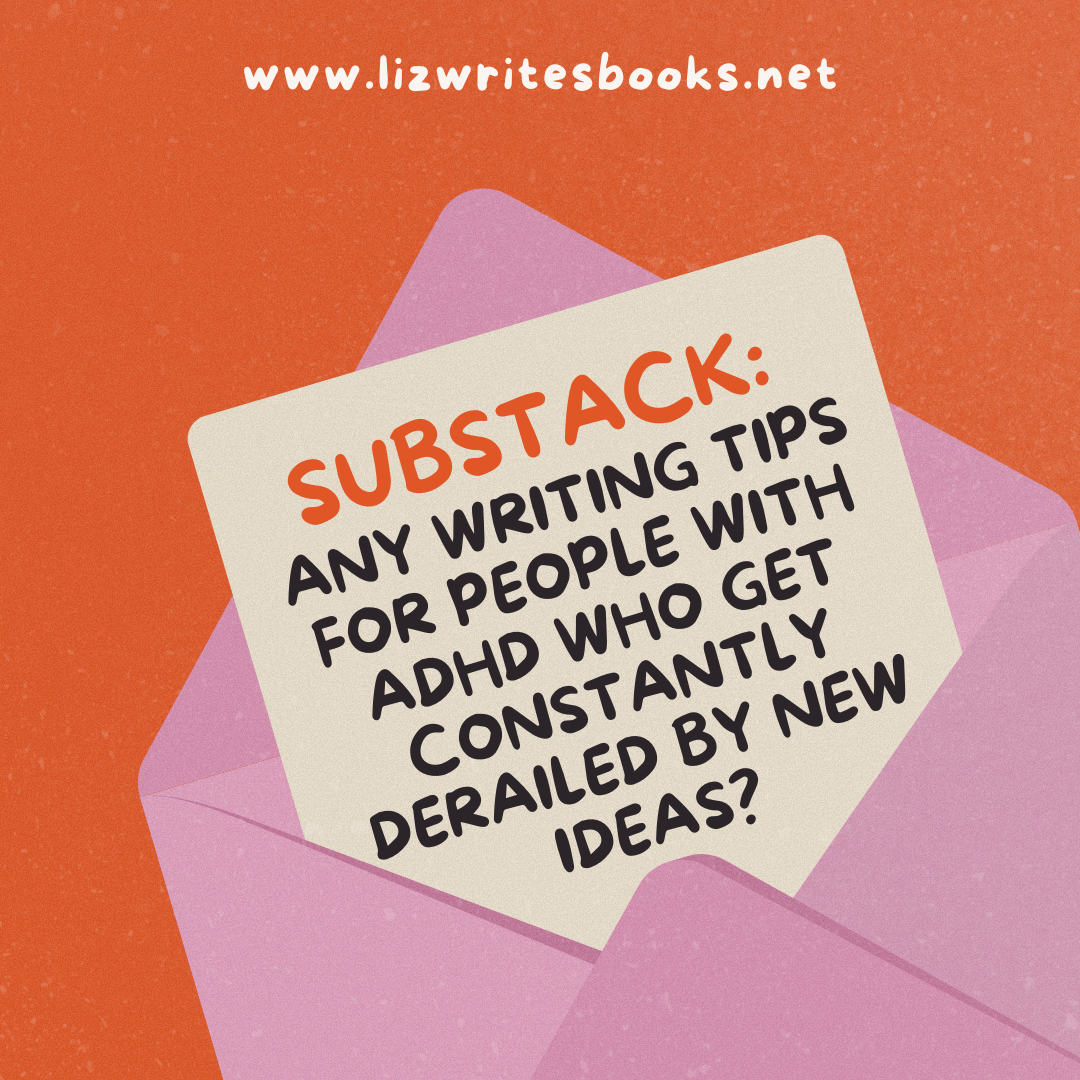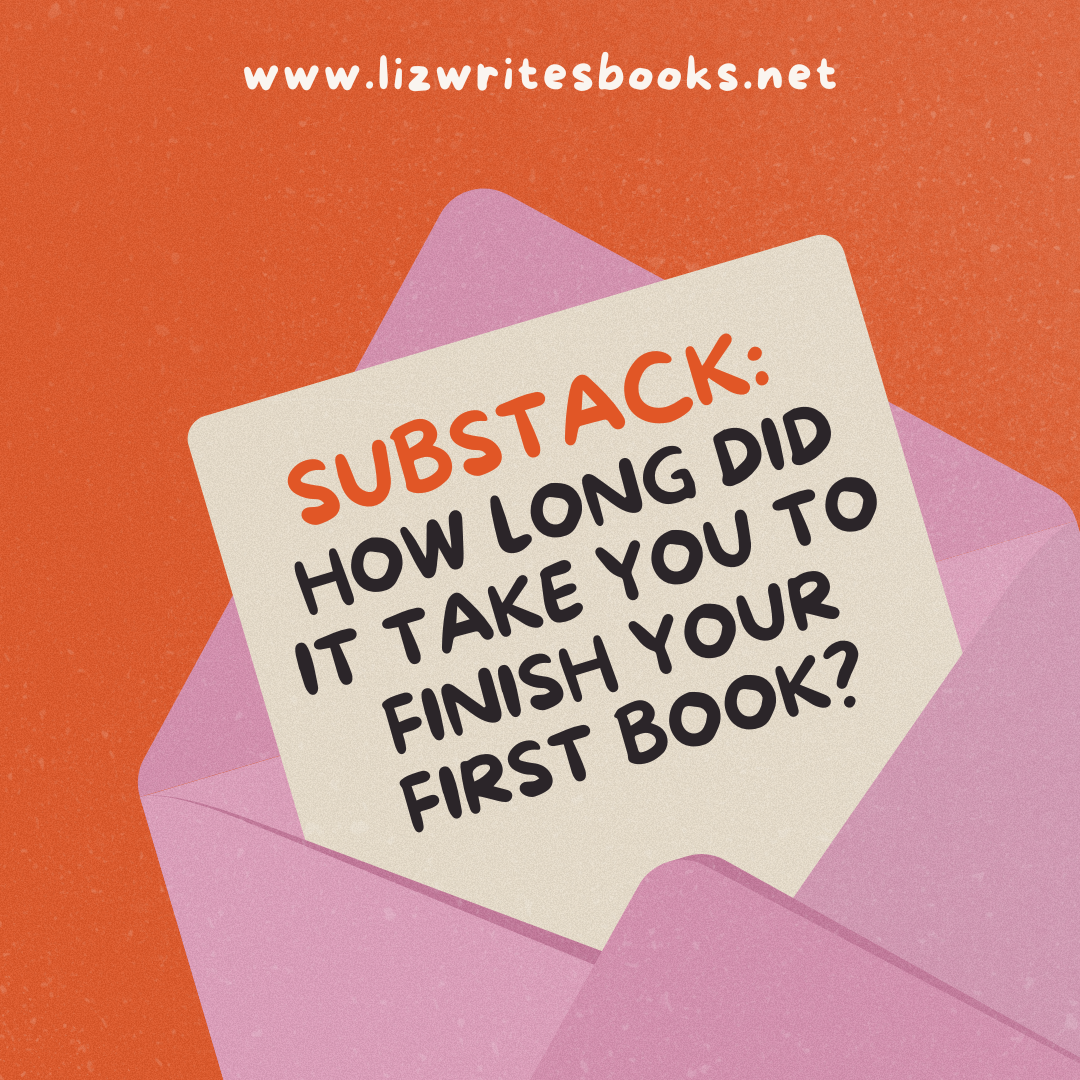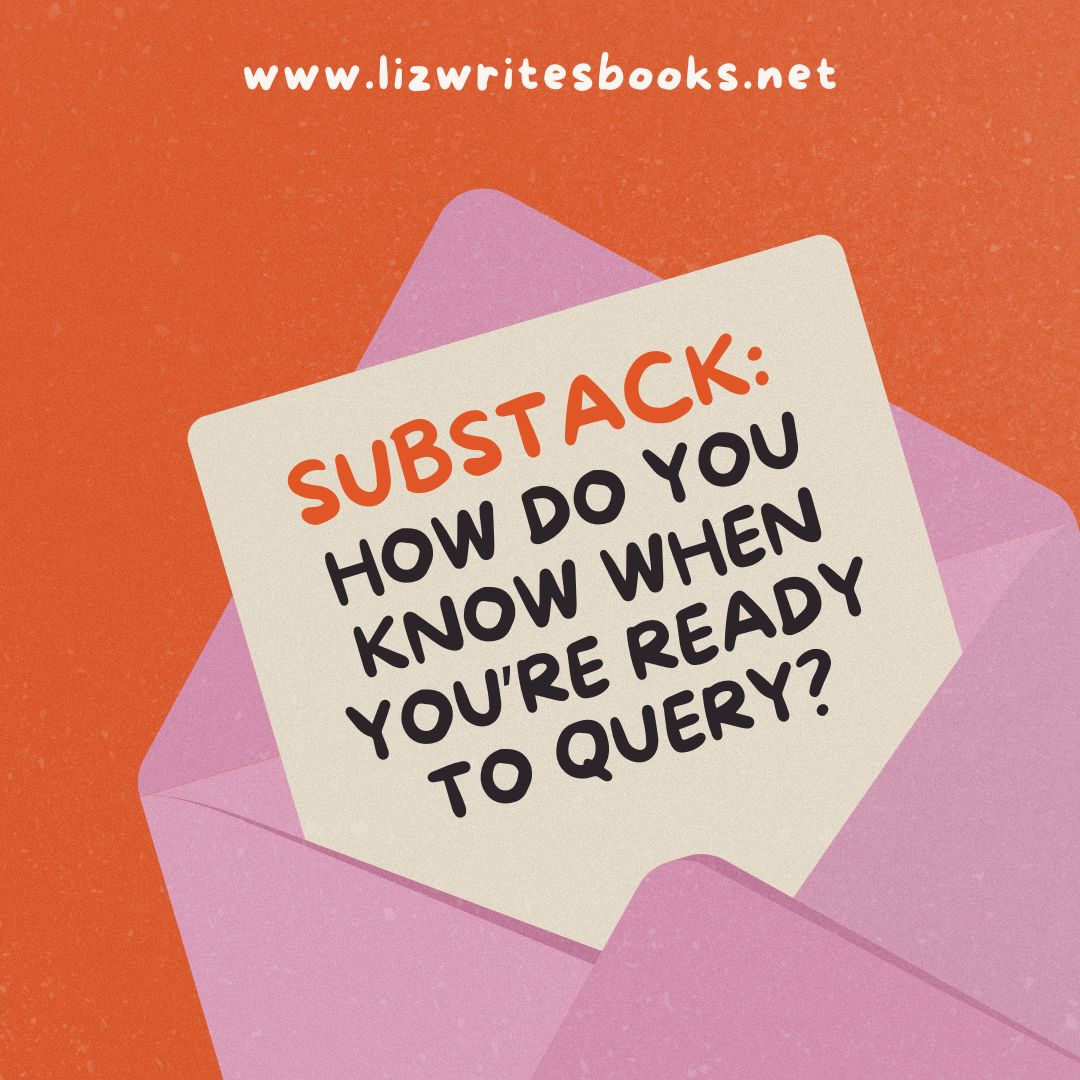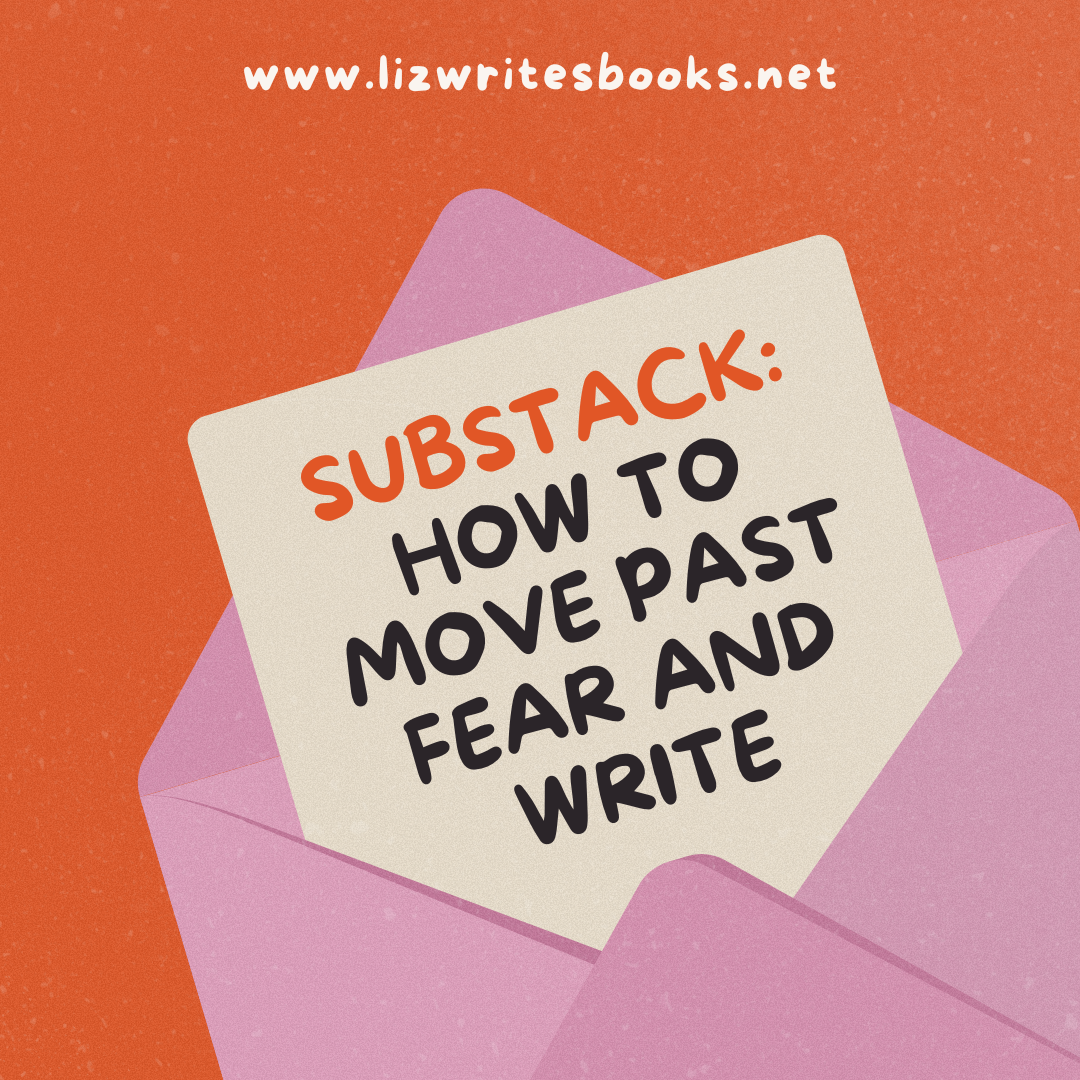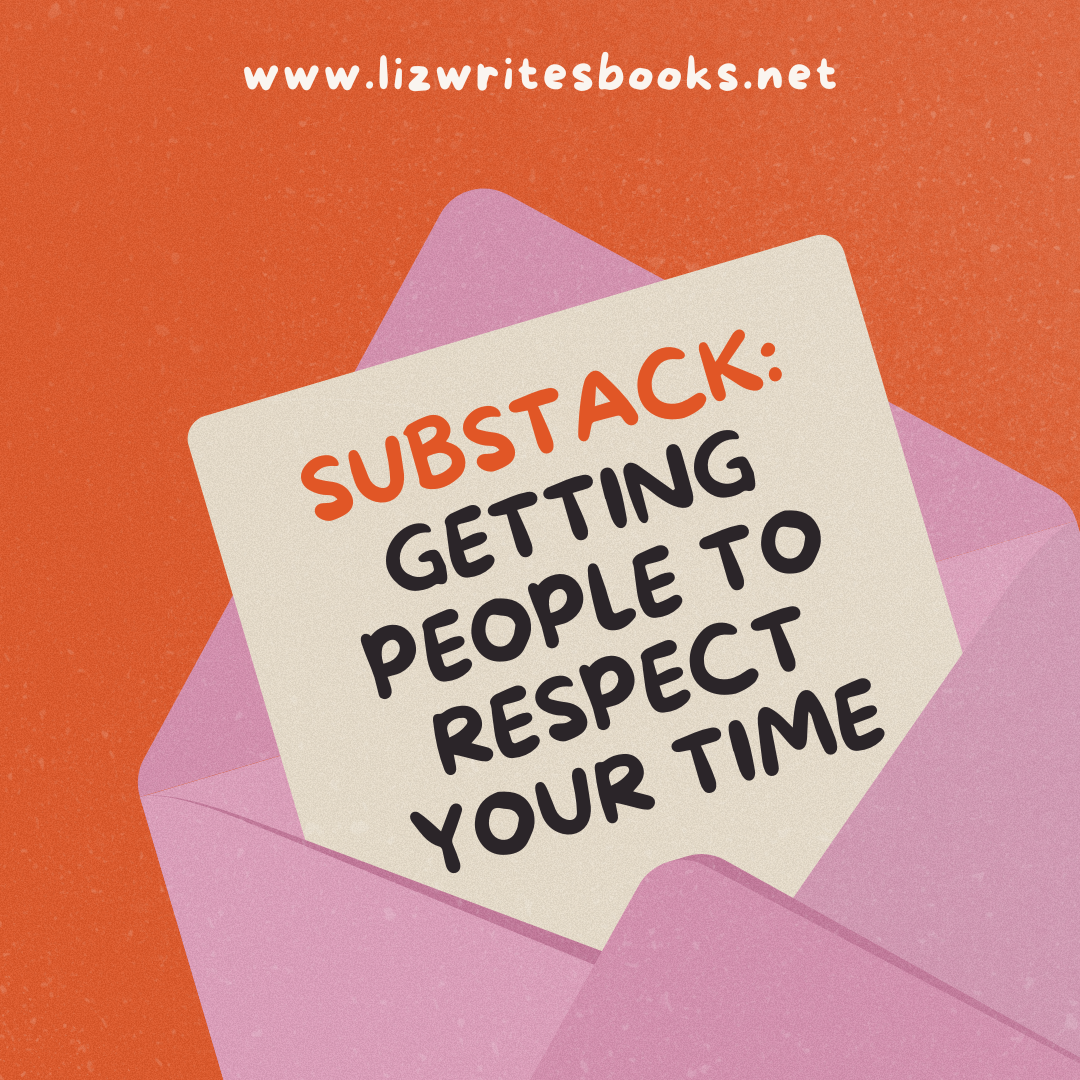Goodbye, 2023!
My word of the year for 2023 was Deconstruct, and I don’t know if I did that intentionally or if it just sort of happened, but a lot of structural things happened this year that allowed me to really look at the what but also the why and the how.
I’ve talked openly here and also on social media about my health struggles, and 2023 was also a challenging year in that I’ve had a frozen shoulder since July. There’s some neck and spine stuff, too, that have made it pretty awful to sit at a desk and type. So one of the challenges I had to contend with this year was deconstructing my writing process and rebuilding one that wasn’t entirely based on fingers-on-keyboard typing.
Let me be the first to say: dictation did not come naturally or easily to me. It really got to a point where it was either learn how to write books in a different way or come to terms with not writing them at all. I’m glad that toward the end of the year, I settled into a new process and it felt like it wasn’t entirely wasted effort.
I also had to deconstruct how I think about my books, and publishing, and all the things that can go wrong when you’re a writer. There’s a never-ending supply of shit to worry about, and I was burned out from worrying about it all. So now with the help of a therapist, I worry about it less. Or try to, at least.
In addition to choosing a word for every year, I also choose one aspect of writing to study for a whole twelve months. In the past, I’ve studied character, queries, pitches, and intimacy. This past year, I studied and practiced dictation. (I will practice it even more in 2024.)
In 2024, I’ll be studying fast drafting, finishing, and discipline.
I didn’t finish any books in 2022. I finished 2 books in 2023. I want to finish more in 2024. I want to reset that habit of finishing, because the past few years have messed it up a little bit.
If you’re on the fence about whether you should choose a word of the year or an area of focus for writing in 2024, I can’t say enough good things about it. Especially if there are areas that you know needs work–Taryn and I both groaned when I told her I was thinking of making drafting/finishing my focus for the year, because we knew that was an area I needed to focus on.
Anyway, on to the stats!
2023 Stats:
Words Written: 105,567
Books finished: 2
Books published: 0
# of days written: 212
Longest writing streak: 5 days
Average words per day: 733
Average minutes per day: 43
Most productive days: Mondays and Wednesdays
Least productive day: Sunday
